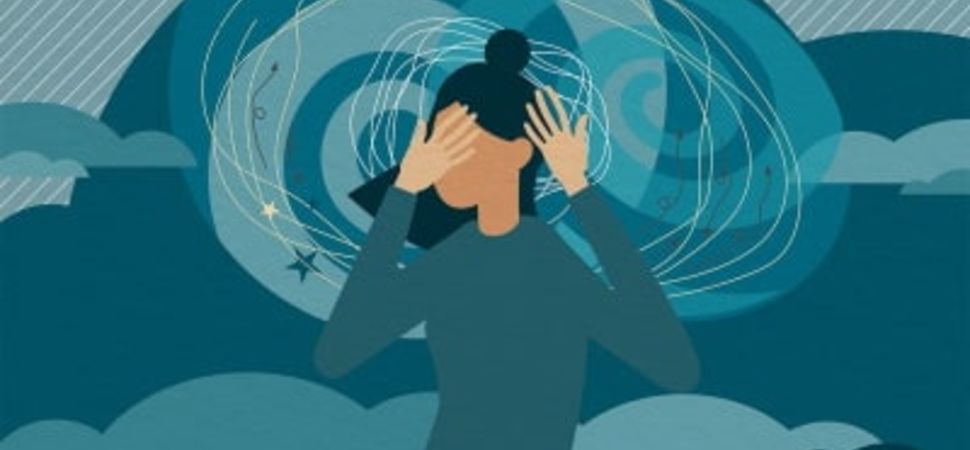
Can the cold weather make my migraine worse?
Migraines are painful at any time of year, but many people experience them more frequently during the winter. We investigate whether the cold weather is to blame for your migraines and, if so, what you can do about it.
Temperature drops, drier air, sleet, and snow are all common during the winter months, and they can all be warning signs for the hundreds of thousands of migraine sufferers in the UK.
Although the causes of migraine are complex, the weather is thought to be a trigger in nearly half of all acute migraine attacks. Weather changes can cause chemical imbalances in the brain, including serotonin, which can lead to migraines.
Temperature and air pressure fluctuations, according to scientists, can cause changes in the chemicals in the brain that cause migraine. Low pressure has been linked to an increase in migraines, with one study discovering that even minor drops in atmospheric pressure increased the risk of headaches occurring.
The causes of your migraines are as unique as you are, but if the winter weather is causing your headaches to become more frequent or worsen, here are five things you can do to reduce your chances of having an attack.
Keep a migraine journal.
Keeping a migraine diary is one way to spot trends and determine whether the cold weather is causing your headaches. Keep a migraine diary and record details about migraine attacks, such as when the symptoms began, how frequently they occur, the time of day, and the current weather conditions. List all of the migraine treatments you take, including the brand names. This can assist you in identifying any patterns that emerge and can be discussed with your pharmacist.
Take note of the weather.
If the cold weather is causing your migraines, keep an eye on the forecast. Please pay close attention to the isobars, which indicate whether we are under high or low pressure. Online resources such as the Met Office provide detailed charts with current air pressure and forecasted future air pressure.
Keep hydrated.
Winter's cold, dry air can cause dehydration, which can be a migraine trigger. Carry a water bottle with you and keep it filled throughout the day. Estimates of how much fluid you should drink per day vary, but the European Food Safety Agency recommends 2 litres per day for men and 2.5 litres per day for women. Water, low-fat milk, and sugar-free beverages such as coffee and tea all contribute to this total.
Examine your migraine medications
To relieve the pain of an acute headache, a wide variety of migraine tablets and treatments are available. Migraine tablets are intended to relieve migraine symptoms and, if taken in advance, can prevent migraines from occurring.
Popular migraine relief medications, such as Sumatriptan Tablets, are extremely effective at reducing the symptoms of acute migraine. They can get to work in about 30 minutes.
If you know that the cold weather aggravates your migraines, talk to a doctor about changing your medication. You can seek information and advice about any treatment from our unbiased medical team at Ashcroft Pharmacy. They can assist you in locating the most effective migraine treatment for you, all from a reputable and regulated UK pharmacy.
Stock up on migraine supplies
If you suffer from the incapacitating effects of migraines, you must have the appropriate pain relief on hand at all times. We stock a variety of migraine relief tablets and treatments at Ashcroft Pharmacy, including Sumatriptan (50mg and 100mg), Rizatriptan tablets, and Zolmitriptan tablets.
Check out our collection of guides if you want to learn more about migraines or other common health conditions.
These were created by trained pharmacists and contain important information on common drugs and treatments.



